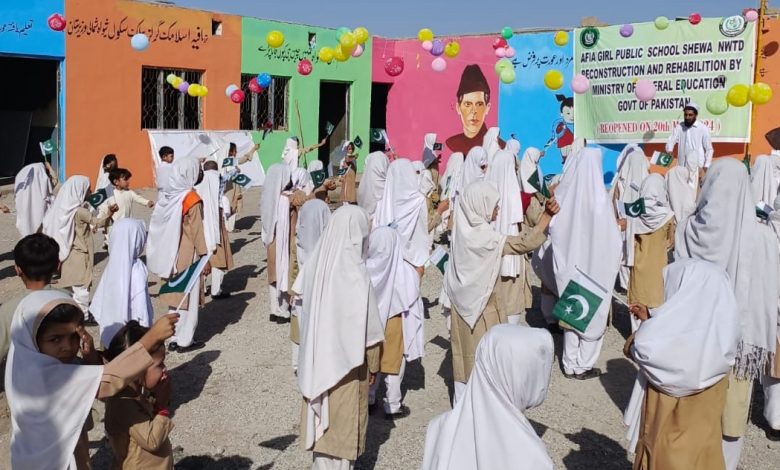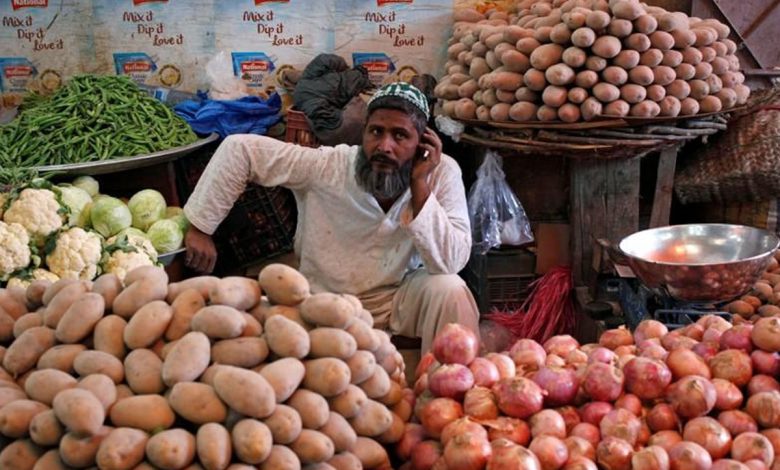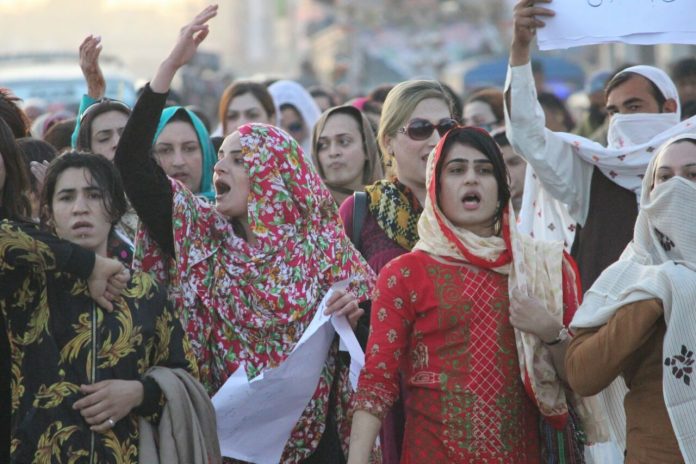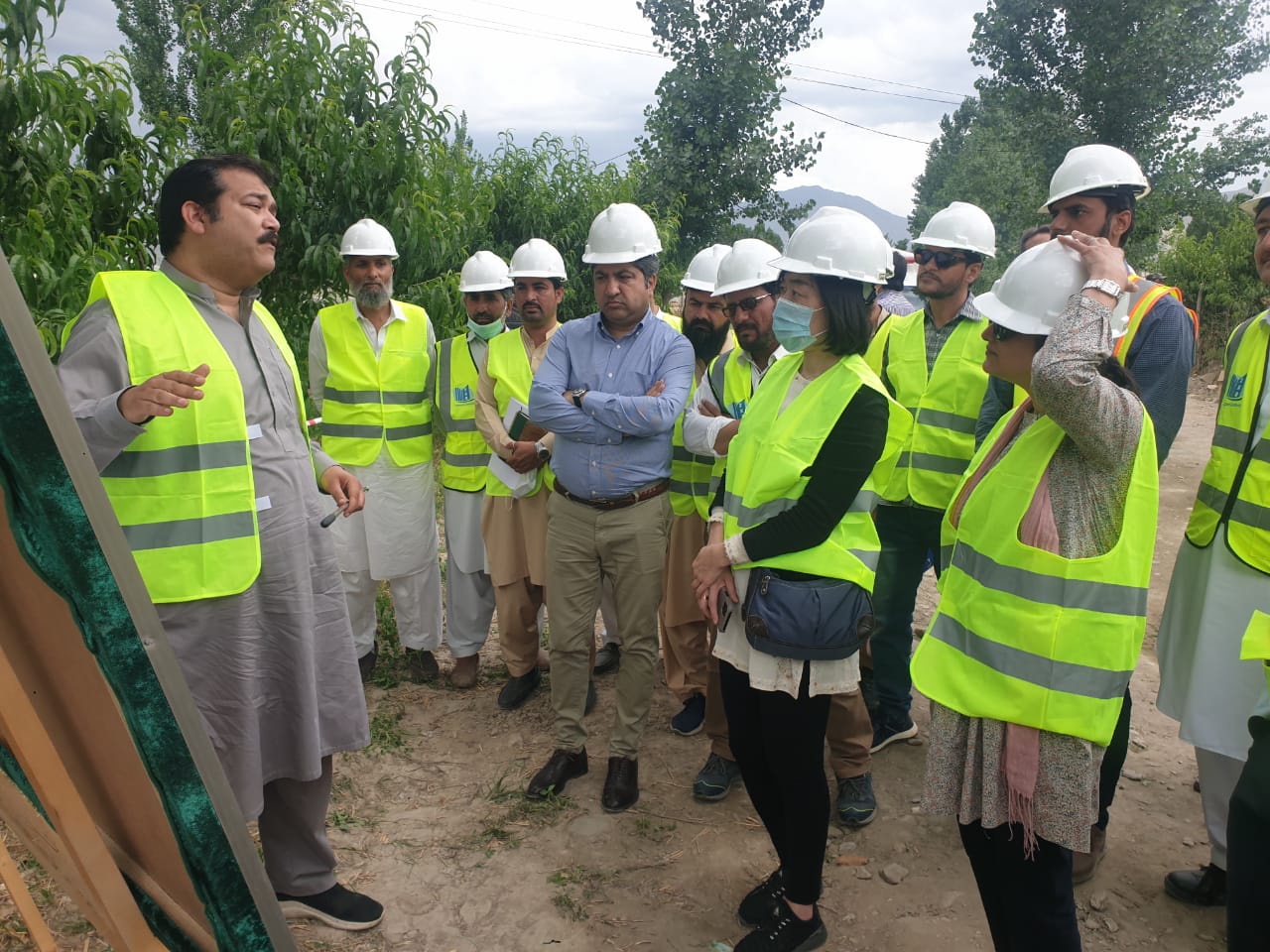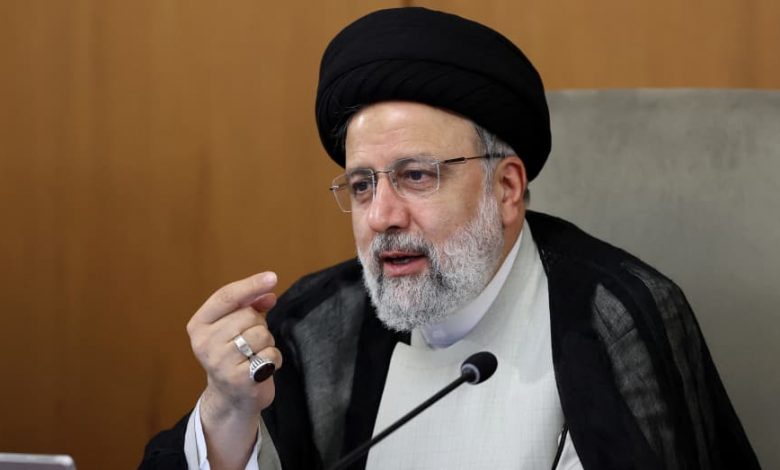Sources from Trans Peshawar reveal that the KP government provides an annual subsidy of 3.6 billion rupees for the Peshawar BRT project.
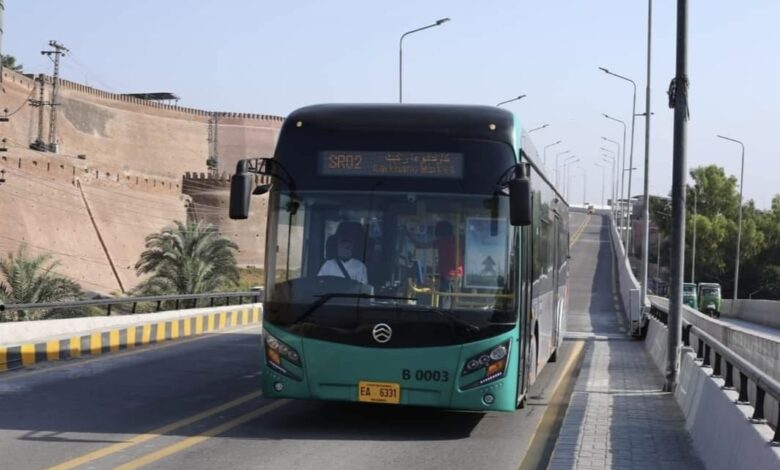
Aftab Mohmand
The BRT Station Management Company has recently written a letter to the Caretaker Chief Minister of Khyber Pakhtunkhwa (KP), raising fears about the potential closure of the Peshawar Bus Rapid Transit (BRT) service. In the letter, the company urgently demands the immediate payment of outstanding arrears amounting to 114.7 million rupees. The letter emphasizes that the BRT service caters to a daily ridership of up to 300,000 passengers, and failure to address the financial issues could adversely affect the passengers.
According to the BRT administration, they have repeatedly informed the relevant authorities about the pending payments but have not received any response. While Trans Peshawar, the organization responsible for the BRT operation, has the necessary funds, they have been unwilling to make the required payments.
Also Read: Urgent Solutions Needed as Hayatabad, Peshawar Faces Impending Water Crisis
The letter to the caretaker chief minister urges intervention in the matter and emphasizes the need for prompt payment of the outstanding amount. It is worth noting that the BRT bus operating company had previously written a letter to the Chief Minister regarding arrears amounting to 450 million rupees.
Sources from Trans Peshawar reveal that the KP government provides an annual subsidy of 3.6 billion rupees for the Peshawar BRT project. The project employs around 3,000 to 3,500 individuals, with 62 employees from Trans Peshawar and the remaining from subcontracted or private companies, including security firms.
The BRT administration has implemented revenue generation strategies such as ticket sales, advertising, and other sources. Additionally, the construction of commercial plazas at major stations is underway, which is expected to contribute to increased revenue generation.
However, due to the prevailing financial constraints, there is a lack of funds to cover employee salaries and other expenses, which could further exacerbate the difficulties faced by the BRT service.
Private security guards working for the BRT, speaking on the condition of anonymity, expressed concerns over their monthly salaries ranging from 25,000 to 30,000 rupees, which they consider insufficient given the current inflationary conditions. They worry that if their salaries are halted, it would be difficult to regain stable employment. Consequently, employees themselves are apprehensive about the situation.
Passengers who rely on the BRT service commend its affordability and convenience. They appreciate the lower fares, enabling easy travel within Peshawar city. Furthermore, the BRT system saves time by reducing congestion and ensuring efficient transportation. Students, women, children, the elderly, and individuals from various socioeconomic backgrounds rely on the BRT due to its robust security measures. Therefore, the government is urged to promptly release the outstanding amount to safeguard this invaluable service for millions of passengers.
When approached for comment, the caretaker provincial transport minister clarified that the BRT project's entire management falls under the jurisdiction of the relevant KP bureaucracy, and the caretaker provincial government does not have a direct role in its administration. The minister dismissed claims of political interference adversely affecting the project, emphasizing the government's commitment to auditing the BRT project.
The minister further stated that an estimated 105 billion rupees have been spent on the ongoing BRT project, which is yet to be completed. He questioned the basis for the claim of 300,000 daily ridership, as the BRT management has failed to provide concrete evidence to support such a significant figure.
Regarding allegations of corruption and mismanagement, the minister asserted that the BRT project was initiated solely for the purpose of profiteering. He highlighted instances of embezzlement involving the procurement of computers for the project.
According to the minister, the Pakistan Tehreek-e-Insaf government in KP initiated the BRT project as a means of corruption and embezzlement. The minister strongly advocated for immediate auditing of the project by relevant accountability agencies to hold those responsible accountable for their actions.
The minister questioned the rationale behind launching a project without proper planning and accused the nation of being misled by a showpiece endeavor. He argued that the federal government or the bureaucrats overseeing the project should bear the financial burden rather than burdening the provincial government.
The caretaker ministers, according to the transport minister, are setting an example of austerity by personally covering expenses such as petrol money from their own pockets.
It is important to note that the Peshawar Bus Rapid Transit Project is one of KP's largest initiatives, inaugurated on August 13, 2020. Currently, 220 BRT buses are operational, with approximately 180 to 185 buses operating daily on different BRT routes in Peshawar. The remaining buses are kept in reserve to ensure passenger convenience. On average, the BRT service carries around 316,000 passengers per day and approximately 10 million passengers per month.

21 May, 2024
